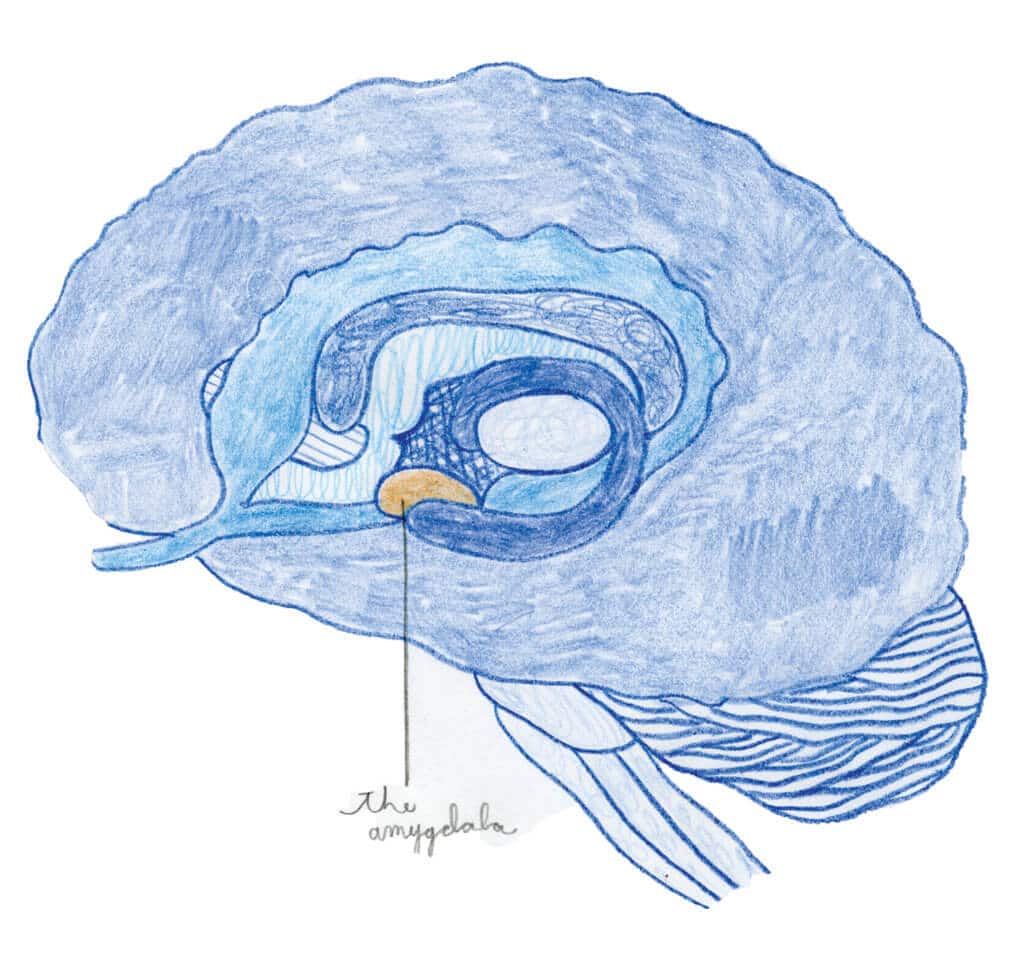Phoenix Colloquium lecture takes a look at mental health, mood and Darwinism

On Oct. 12, Dr. Eliza Bliss-Moreau, an award-winning professor at UC Davis and scientist at the California National Primate Research Center, gave a seminar on the biological construction of animal emotion. This talk was part of the Phoenix Colloquium series hosted by the philosophy department, this time in collaboration with the department of psychology.
Bliss-Moreau began by explaining why she studies animals in her lab instead of humans. “You have exquisite experimental control that you don’t have with humans,” she said.
“It is the same work we do in my human lab – same equipment, same paradigms – so we can test questions in both labs. Here’s the thing: When students come in and we say, ‘Don’t exercise and don’t drink a ton of caffeine before you come in for us to monitor your heart,’ they then show up in workout clothes, a little bit sweaty,” Bliss-Moreau said, imitating a student walking into her lab with a cup of coffee. “The bottom line is, monkeys don’t really get a lot of coffee.”
The seminar later turned to the topic of core affect and how it pertains to research regarding mental illnesses such as depression, anxiety and PTSD. A journal review by James A. Russell, a psychologist at Boston College, defined a core-affected state as “a continuous assessment of one’s current state [that] affects other psychological processes accordingly.”
“You can be in a neutral core-affected state, nothing much going on, you can be in a core-affected state and not be aware of it and something draws your attention to it, whether it’s a change in intent or an explicit instruction,” said Bliss-Moreau. “Much in the same way that very few of you probably feel your butt muscles right now, until I just directed your attention to it and now everybody feels them briefly. So our attentional focus can shift and we think that’s what becomes mood, but it’s kind of this ongoing representation of the world.
“Importantly, we think [core affect] signals what we should pay attention to so that we can properly regulate our biological systems. Mood disorders and PTSD come from this dis-tuning – not out of tune, but you’re tuned for an environment that you’re no longer in. And so we think a lot about how to re-tune people for their environment and we think of this as the foundation for emotion,” said Bliss-Moreau.
The seminar also covered criticisms of Darwin’s phylogenetic tree. According to the Encyclopedia Britannica, a phylogenetic tree is “a diagram showing the evolutionary interrelations of a group of organisms derived from a common ancestral form.”
“The hope for me is that by considering phylogeny at large we can move away from this sort of phylogenetic tree that Darwin put forth where humans are at the top,” said Bliss-Moreau. “Let me tell you, we’re not at the top. If you’ve been stalked by a leopard you realize very quickly that this hierarchical organization does not make a lick of sense. And yet we constantly put ourselves there and we think about rodents as deemed lower than us. I think that scientific perspective biases the questions that we ask.”
At the end of the seminar, Bliss-Moreau answered a variety of questions asked by attendees. She was also available to speak one-on-one with people who didn’t want to ask questions in front of the group but still wanted to learn more about her research. “I know from talking to her over the years that she is more than happy to tell you just about anything about how she does science,” said Mark Fedyk, a philosophy professor.
“It’s important to be very critical and open about the models that you use to drive your scientific research,” Fedyk said on what he learned.
Hanna Longard, a fifth-year student with a double major in biology and philosophy, said she liked how accessible the seminar was to everyone. “She talked about a lot of complex psychological questions in a way that was really accessible,” she said.
The Phoenix Colloquium series invites speakers to host seminars, usually in philosophy. “We got a speaker who essentially crossed over really well with psychology and philosophy and so we decided to pair up to do a larger event,” said Dr. Genevieve Desmarais, a psychology professor.
Longard said she decided to attend the event because she’d heard Bliss-Moreau speak before and found her work really fascinating. “I think it’s really interesting to hear a successful woman in science talk about her work,” she said.





